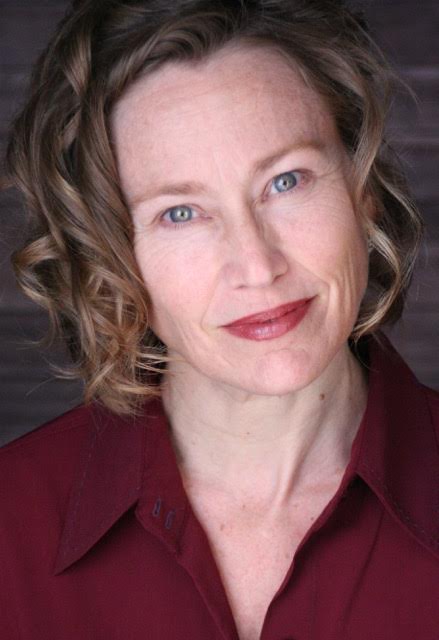- Calls to this hotline are currently being directed to Within Health or Eating Disorder Solutions
- Representatives are standing by 24/7 to help answer your questions
- All calls are confidential and HIPAA compliant
- There is no obligation or cost to call
- Eating Disorder Hope does not receive any commissions or fees dependent upon which provider you select
- Additional treatment providers are located on our directory or samhsa.gov
To the Hope from To the Bone

Contributed by: Alli Spotts-De Lazzer, M.A., LMFT, LPCC, CEDS, Guest Blog Contributor
No matter what the results are, I think there are two incredibly optimistic points that come from To the Bone, a film that recently premiered at the Sundance Film Festival and will be released later this year. It is the semi autobiographical story of Marti Noxon’s journey to recovery from anorexia nervosa and bulimia nervosa (Erbland, 2017).
Before we get into the optimistic parts, let me be clear on the following cautions. I am not condemning, endorsing, or promoting the film, nor have I seen it.
I am cautious about recommending or promoting recovery memoirs of any kind as they can trigger those who are vulnerable and can unwittingly provide a sort of guide for ways to enhance an eating disorder. So this piece is not about the actual film.
Close Perspective on To The Bone
Lily Collins, who plays the lead character with anorexia nervosa, recently shared publicly that she had anorexia in the past and that she had to put herself into a position of losing weight to do this role. Collin’s experience, as reported thus far, offers yet another piece of evidence supporting that full recovery from eating disorders is possible. (If you’re thinking, “What?” Hear me out.)
First, Collins refers to her anorexia as 10 years in her past, which offers yet another concrete example of hope—that recovery and life after an eating disorder is possible.
Next, for this role, she purposely dieted, lost weight under the guidance of a “nutritionist,” and reported that she did not relapse. In fact, she stated quite the opposite, “Sharing my history with eating disorders and how personal this film has been is one of the most fulfilling experiences of my life” (Variety Studio, n.d.).
Though typically I think that dieting after reaching a recovered status can be like touching very hot water to see if it scalds or is just very hot, Collin’s experience is important data. Since she did not relapse, we can honor that this is more evidence that recovery is both possible and individual. Even after stepping into the fire that could have ignited her eating disorder again, it seems that it did not. If someone else did this, that might not have been the case. Recovery journeys are individual.

Second, this film is exposing eating disorders to the public on a broad level; conversations will inevitably be started. Will this recovery-memoir-type film be helpful or harmful to the public’s understanding of eating disorders? I don’t know. However, in the grand scheme of increasing public awareness about eating disorders, it is my personal belief that mostly no publicity is bad publicity. Any exposure that creates opportunities to speak out, educate, express concerns, and correct misinformation can be beneficial.
The film has been bought by Netflix. Who knows what will happen, though one thing is clear. Noxon would like the following to occur: “Hopefully we can start a conversation that’s a little less, um, judgy” (Variety Studio, n.d.). Well, maybe that just happened. Right here. Right now.

References:
[1]: Erbland, K. (2017, January 27). ‘To the Bone’: How Marti Noxon Turned Her Anorexia Battles Into a $8 Million Netflix Buy—Sundance 2017. The lauded television writer and producer worked for years to get her personal film made, and it’s paying off big time. Retrieved from http://www.indiewire.com/2017/01/to-the-bone-marti-noxon-lily-collins-sundance-1201774461/[2]: Variety Studio. (n.d.). Lily Collins on Why ‘To the Bone’ Resonated With Her: ‘I Suffered From Eating Disorders’ [Video file]. Retrieved from http://variety.com/video/lily-collins-anorexic-to-the-bone/
The opinions and views of our guest contributors are shared to provide a broad perspective of eating disorders. These are not necessarily the views of Eating Disorder Hope, but an effort to offer discussion of various issues by different concerned individuals.
We at Eating Disorder Hope understand that eating disorders result from a combination of environmental and genetic factors. If you or a loved one are suffering from an eating disorder, please know that there is hope for you, and seek immediate professional help.
Reviewed By: Jacquelyn Ekern, MS, LPC on March 5, 2017.
Published on EatingDisorderHope.com
